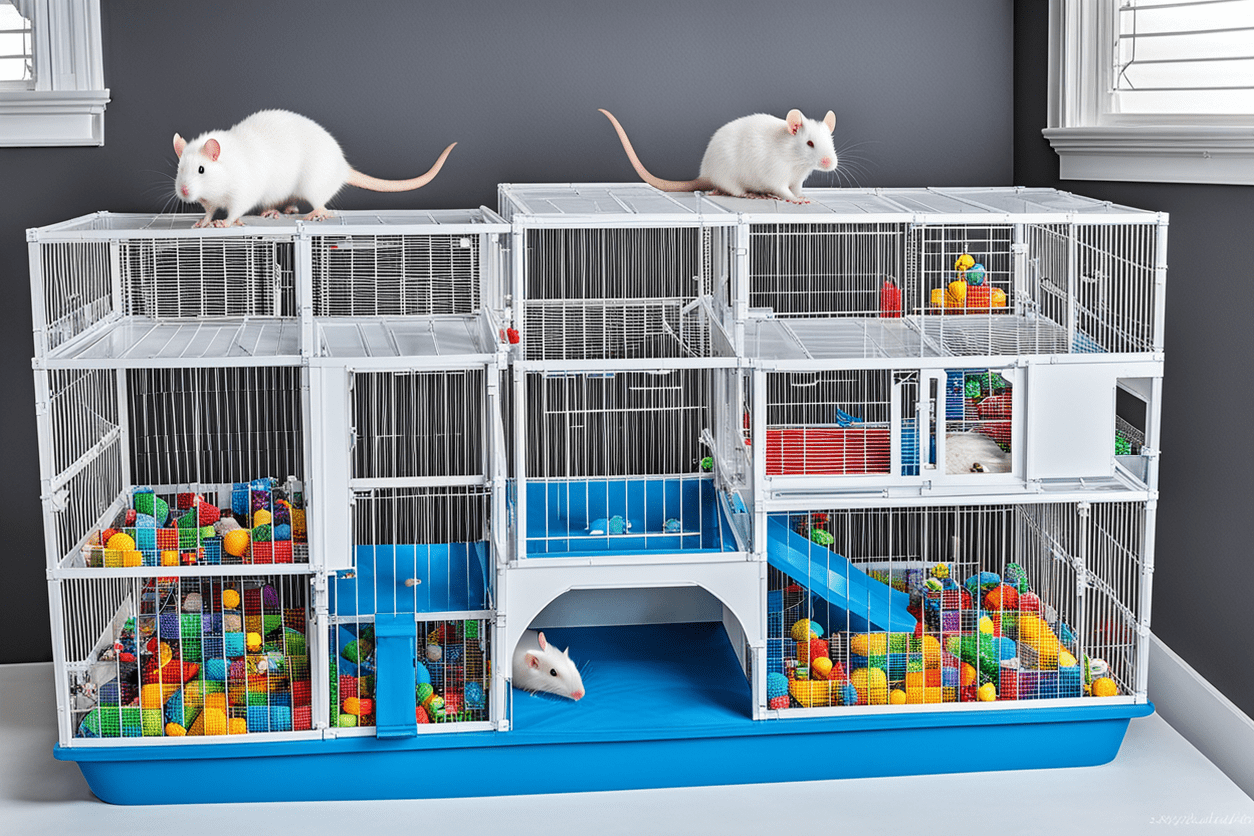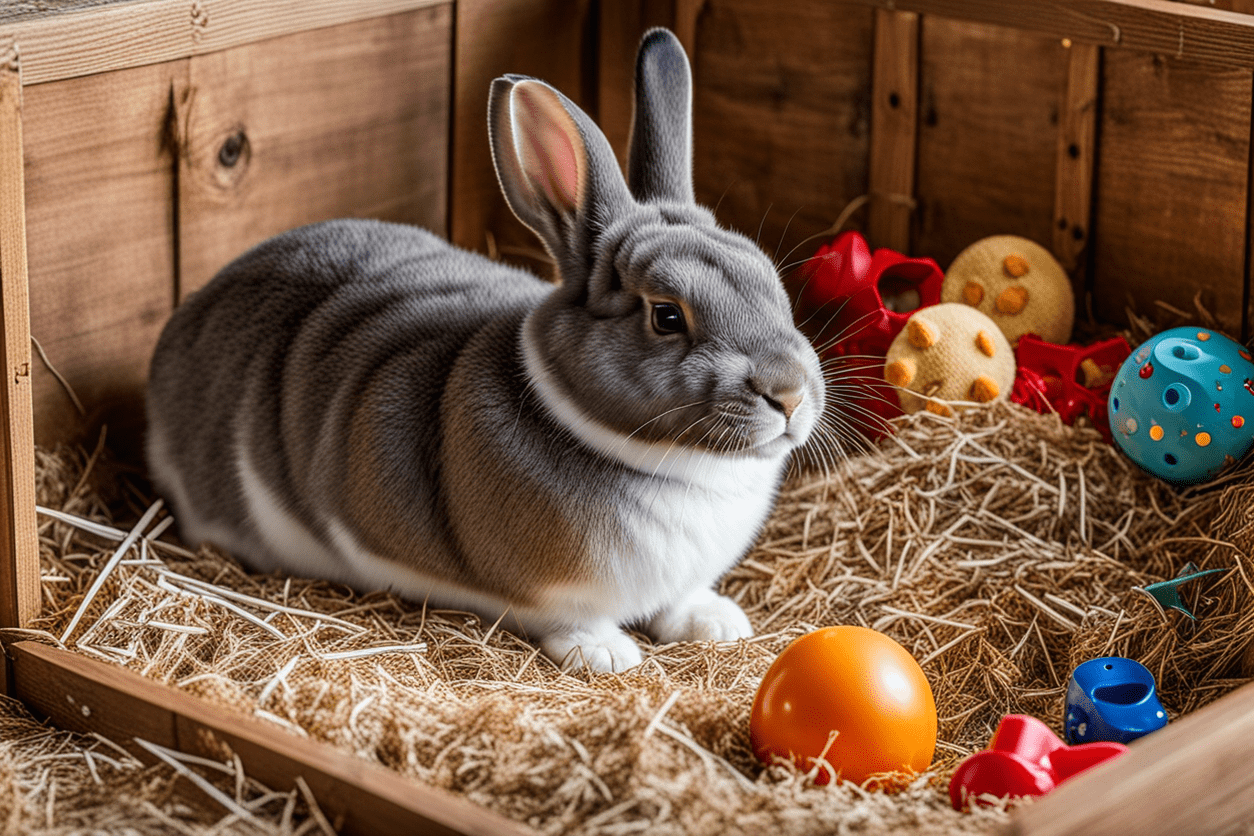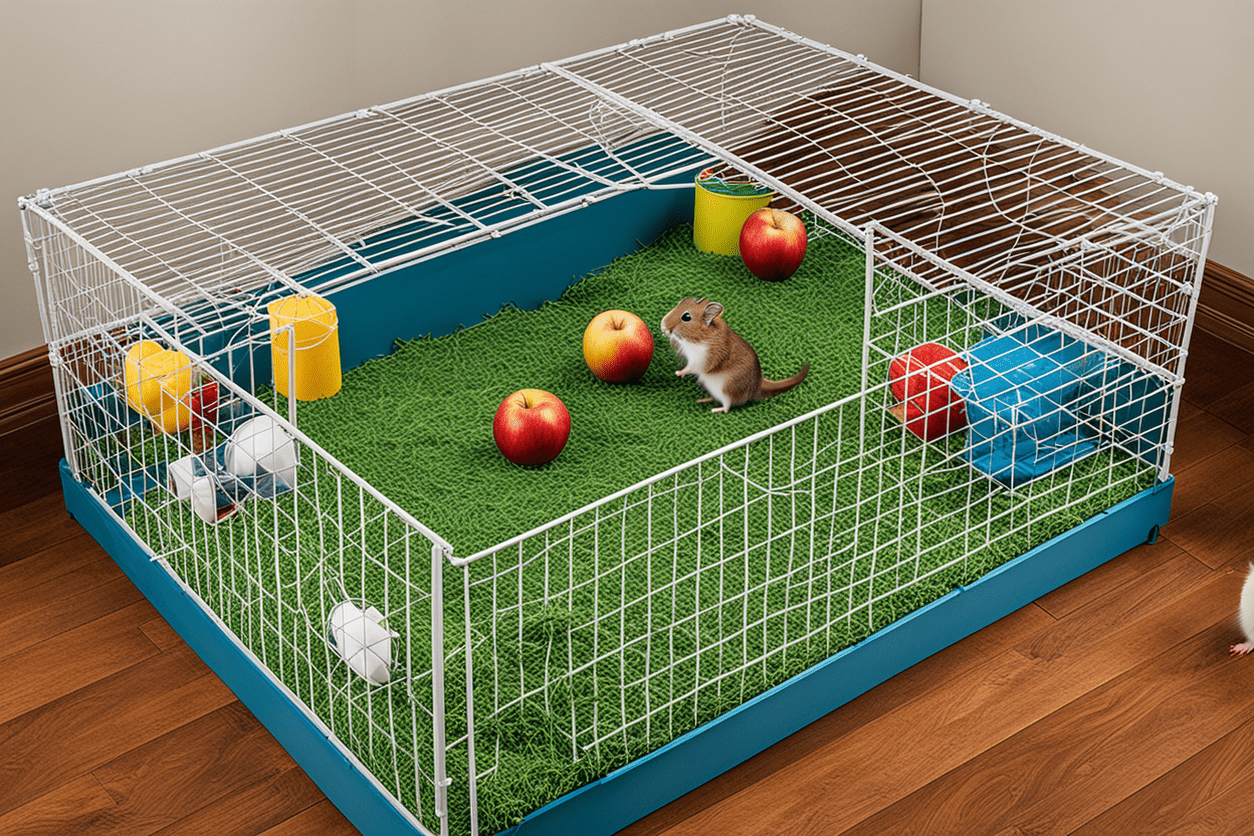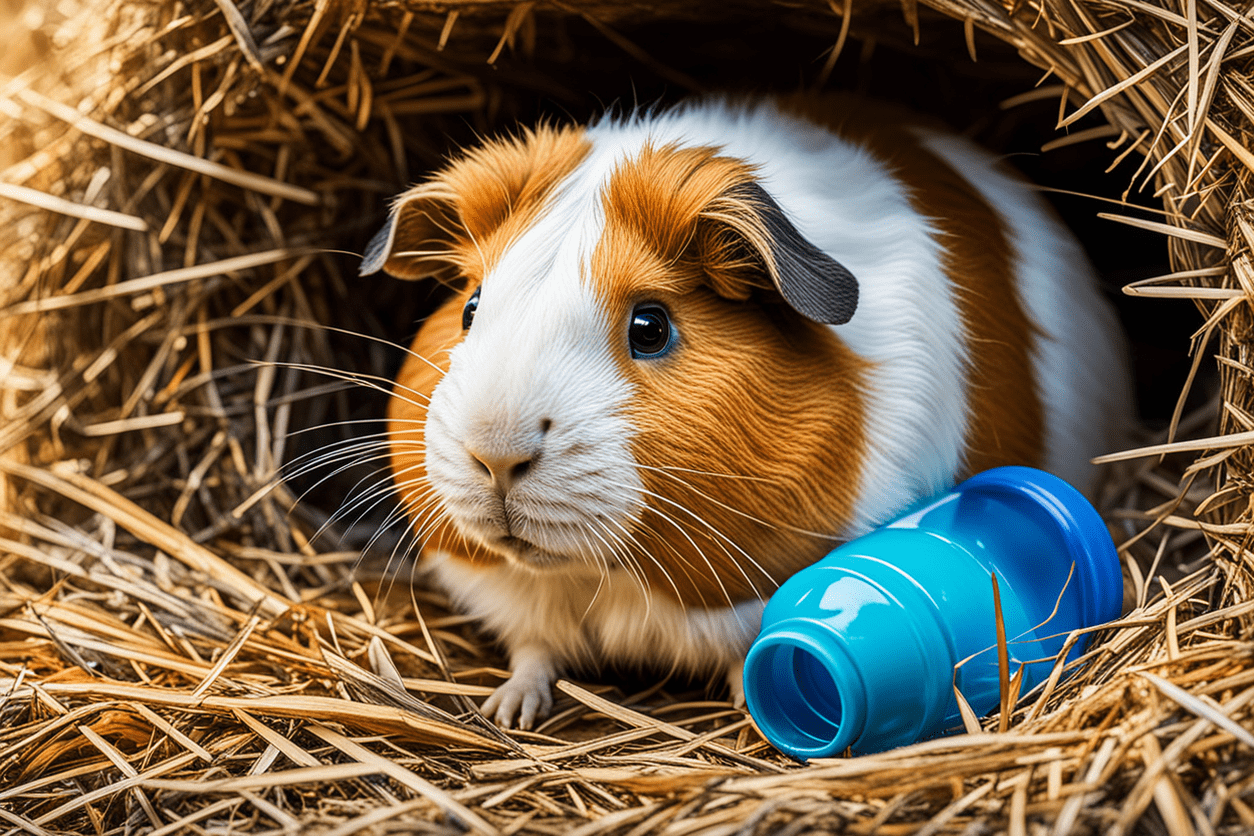The Chihuahua: The Tiny Titan of the Dog World
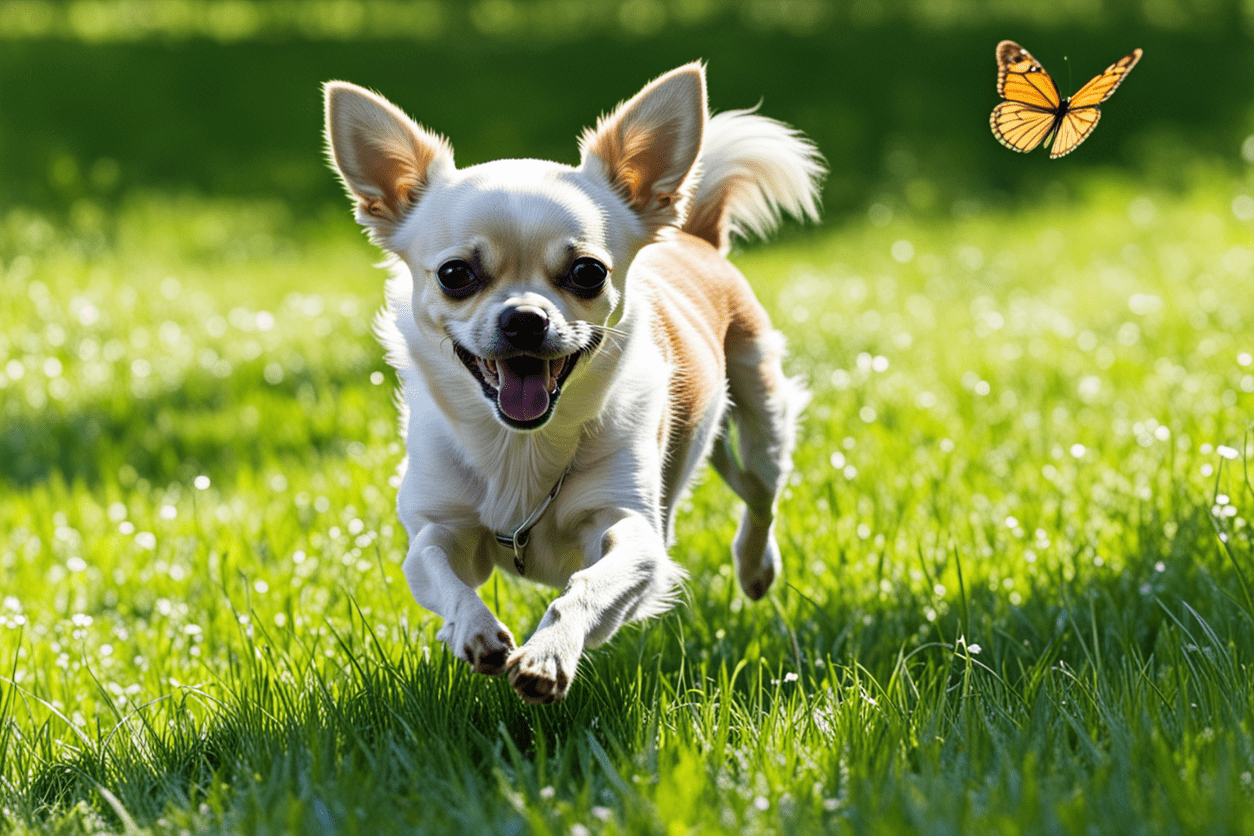
Introduction
Brief Overview of the Breed
The Chihuahua, often affectionately referred to as the "Chihuahua," is one of the smallest yet most charismatic dog breeds in the world. Known for their diminutive size and larger-than-life personality, Chihuahuas have a fascinating history and a charm that endears them to millions. This article takes an in-depth look at everything you need to know about this captivating breed.
History and Origin
Origins of the Breed
The Chihuahua originates from Mexico and is one of the oldest dog breeds in the Americas. Although there is some debate about their precise origins, it is widely believed that Chihuahuas are descendants of the Techichi, a small dog kept by the Toltec civilization as early as the 9th century. When the Aztecs conquered the Toltecs in the 12th century, they adopted these dogs and even believed them to possess mystical healing powers. The breed as we know it today started to emerge in the 19th century.
Evolution Over Time
Throughout the centuries, the Chihuahua has evolved to fit various roles ranging from a spiritual symbol to a devoted companion animal. Their small size enabled them to be easily transported and concealed, making them perfect companions in urban settings. Over time, selective breeding has refined their traits to emphasize their petite size and sparkling personality.
Physical Characteristics
General Appearance
Chihuahuas are famously tiny, standing between 5 to 8 inches tall at the shoulder and weighing no more than 6 pounds. Despite their small size, they are sturdy and well-built, with a compact but graceful frame.
Coat
Chihuahuas can have either short-haired (smooth coat) or long-haired (long coat) types. Their coats come in a plethora of colors, including fawn, chocolate, white, black, and even a combination of these. Smooth-coat Chihuahuas require minimal grooming, while long-coat Chihuahuas need regular brushing to keep their fur from tangling.
Distinguishing Features
One of the most recognizable features of the Chihuahua is its apple-shaped head, often accompanied by large, expressive eyes and prominent, erect ears. Their slightly rounded skull and relatively short muzzle give them a distinctive, endearing appearance.
Temperament and Personality
General Temperament
Chihuahuas are known for their spirited personality. They are incredibly loyal to their owners and can be quite protective despite their small size. Chihuahuas are intelligent and, with proper training, quick to learn tricks and commands.
Compatibility with Families/Children/Pets
While Chihuahuas can be excellent family pets, they are generally better suited to environments with older children and adults. Their tiny size makes them vulnerable to rough handling by younger children, which can lead to defensive biting. They tend to get along well with other pets, especially if they are socialized from an early age, but they can sometimes be territorial.
Activity Level
Chihuahuas are surprisingly energetic for their size. They enjoy short bursts of play and daily walks but are also perfectly content curling up in a warm lap. They do require regular mental stimulation to keep them from becoming bored and potentially destructive.
Training and Socialization
Trainability
Chihuahuas are intelligent and relatively easy to train, provided that a consistent and patient approach is taken. Positive reinforcement works best, as they can be sensitive to harsh training methods. Housebreaking can sometimes be a challenge due to their small bladder, but with persistence, it can be achieved.
Socialization Needs
Early socialization is crucial for Chihuahuas. Exposing them to various people, environments, and other animals at a young age helps to develop their confidence and reduces anxiety. A well-socialized Chihuahua is less likely to be skittish and more likely to be well-mannered in diverse situations.
Health Issues and Life Expectancy
Common Health Problems
Chihuahuas are generally a healthy breed, but they are prone to specific health issues due to their size and genetic predispositions. Common problems include patellar luxation, heart issues like mitral valve disease, and dental problems due to their tiny mouths. Eye problems such as progressive retinal atrophy (PRA) and cataracts can also occur.
Lifespan
Chihuahuas are one of the longest-living dog breeds, with an average lifespan of 14 to 16 years. With proper care and regular veterinary check-ups, some Chihuahuas can live well into their late teens.
Care Requirements
Feeding/Dietary Needs
Given their small size, Chihuahuas do not require large amounts of food, but it's essential to provide a balanced diet tailored to their nutritional needs. High-quality, small kibble dog food rich in protein and low in fat is ideal. Obesity can be a concern, so portion control is crucial.
Exercise Initiatives
Chihuahuas require moderate exercise to stay healthy and happy. Daily walks and indoor play sessions are usually sufficient. Due to their size, they are well-suited for both indoor and outdoor play, provided they are kept safe from larger animals and potential hazards.
Grooming Routines
The grooming needs of a Chihuahua depend on the type of coat. Smooth-coat Chihuahuas require minimal grooming, with occasional brushing to remove loose hair. Long-coat Chihuahuas need more frequent brushing to prevent matting and tangling. Regular dental care, ear cleaning, and nail trimming are also essential.
Ideal Living Conditions
Space Requirements
Chihuahuas are highly adaptable and can thrive in various living conditions. They are well-suited for apartment living due to their small size but also enjoy having access to a secure yard. However, they should never be left outside unattended, as they are vulnerable to predators and harsh weather conditions.
Climate Tolerance
Chihuahuas are sensitive to cold weather and can easily become chilled, so they benefit from wearing sweaters or coats during the winter months. They also don't tolerate extreme heat well, so it's essential to provide shade and plenty of water during hot weather.
Famous Examples & Popularity
Notable Dogs from This Breed
Chihuahuas have made numerous appearances in popular media. Perhaps one of the most famous Chihuahuas is "Tinkerbell," the beloved pet of Paris Hilton, which significantly boosted the breed's popularity. The Taco Bell mascot, "Gidget," is another iconic Chihuahua that added to the breed's recognition.
Popularity Trends
The Chihuahua has consistently ranked high in popularity in various regions, especially in the United States. Their small size, manageable care requirements, and bold personality make them a favorite among dog enthusiasts in urban and suburban settings alike.
Frequently Asked Questions
Do Chihuahuas bark a lot?
Yes, Chihuahuas are known to be vocal and will bark to alert their owners of strangers or unusual sounds. Proper training can help manage excessive barking.
Are Chihuahuas good with kids?
Chihuahuas can be good with older children who understand how to handle them gently. They are less suited to families with very young children who might play too roughly.
How much exercise does a Chihuahua need?
Chihuahuas require moderate exercise, including daily walks and play sessions. Despite their small size, they are active dogs that enjoy physical and mental stimulation.
Do Chihuahuas shed a lot?
Chihuahuas do shed, but the amount varies between individuals and coat types. Smooth-coat Chihuahuas shed less than long-coat Chihuahuas.
Are Chihuahuas difficult to train?
Chihuahuas are intelligent and trainable but can be stubborn. Consistency and positive reinforcement are key to successful training.
How often should I groom my Chihuahua?
Smooth-coat Chihuahuas need occasional brushing, while long-coat Chihuahuas should be brushed several times a week to prevent tangles. Regular grooming is essential for both types.
Can Chihuahuas live with other pets?
Yes, Chihuahuas can live harmoniously with other pets, especially if socialized from a young age. They can be territorial, so early socialization is crucial.
What common health problems do Chihuahuas face?
Chihuahuas are prone to dental issues, patellar luxation, heart problems, and eye conditions. Regular veterinary check-ups are important to monitor their health.
What is the lifespan of a Chihuahua?
Chihuahuas typically live between 14 to 16 years, but with proper care, some can live even longer.
Are Chihuahuas suitable for apartment living?
Yes, Chihuahuas are well-suited for apartment living due to their small size and adaptability.
Conclusion
Final Thoughts
The Chihuahua is a remarkable breed bursting with personality, loyalty, and charm. Despite their small size, they have enormous hearts and an undeniable presence that makes them stand out in any household.
Recommendations for Potential Owners
Chihuahuas are best suited for individuals or families with older children who can handle them gently. Their small size and grooming needs make them ideal for both apartment living and homes with yards. Prospective owners should be prepared to provide regular exercise, mental stimulation, and socialization to raise a well-rounded Chihuahua.
Encouragement to Learn More
If you're considering adding a Chihuahua to your family, take the time to research and understand their needs fully. Reach out to reputable breeders or adoption organizations to find a healthy and well-adjusted pet.
Provide Citation Links
For further reading and more information, consider the following resources:
The Chihuahua may be small in stature, but they hold an expansive place in the hearts of dog lovers around the world. Whether you're looking for a devoted lap companion or an energetic playmate, the Chihuahua offers a lifetime of affection and companionship.

